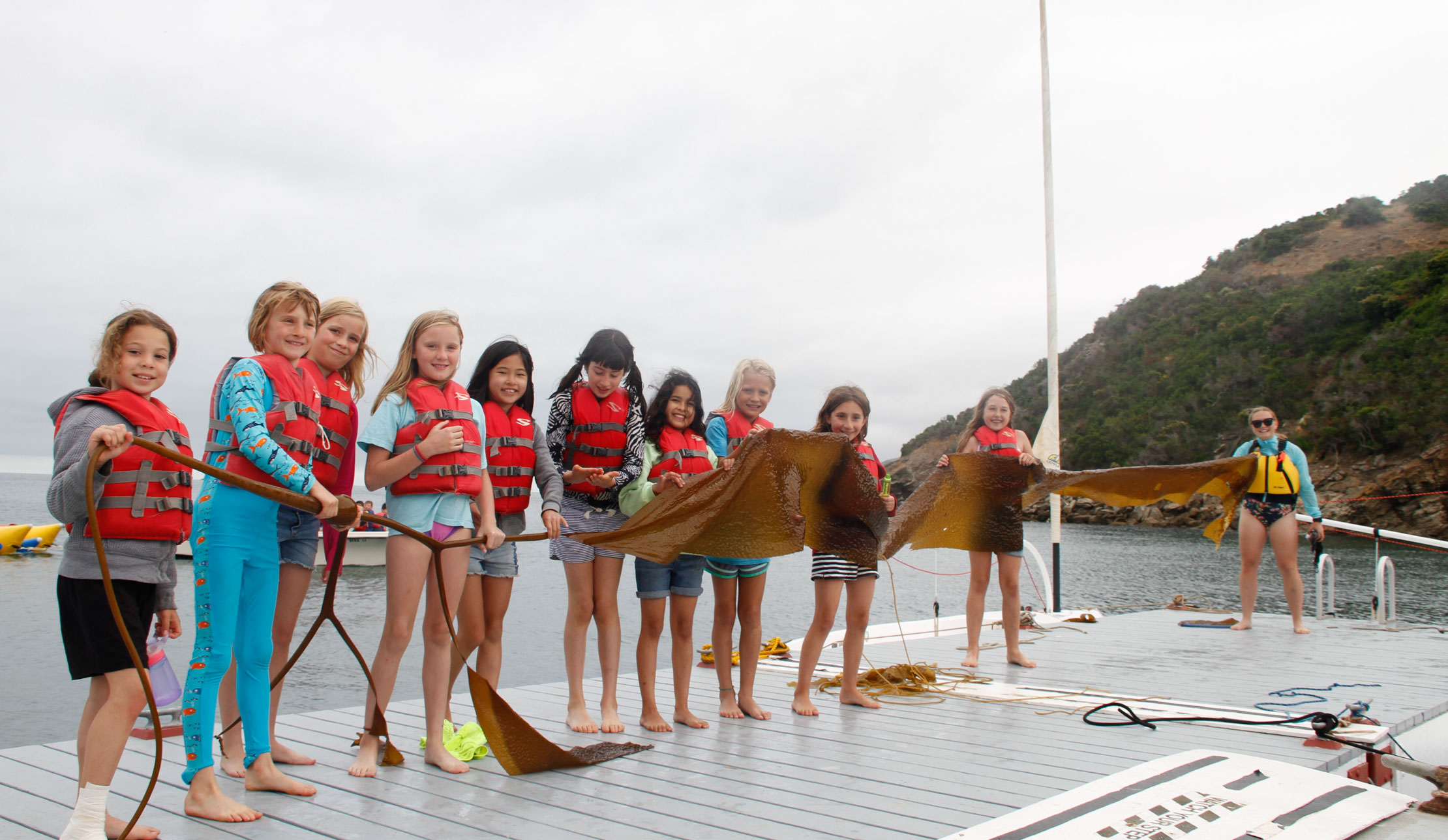Health & Safety
Protecting the health and wellness of the children at camp is a priority of our program.
Campers who are well taken care of are more likely to enjoy new activities. Our staff and medical personnel watch campers closely for indications of when a camper may need special care. Adequate rest, food, liquids, and plenty of sunscreen, are routine parts of every day at CIC.
The camp health center is staffed by two registered nurses who are often aided by a visiting physician. Together they ensure that medications, first aid and TLC are administered in a professional and friendly atmosphere. A health history, health examination, and medication card must be completed for each camper by the parents prior to camp attendance.

The wellbeing of our campers and staff is most important to us – we emphasize wellness and safety above all else.
Campers are taught safety procedures throughout their time at camp. In the event of injury, our staff members are trained in first aid and CPR and many are American Red Cross Lifeguards. In case of an emergency, we have access to Emergency Medical Services through the Baywatch unit stationed at Two Harbors, which is about fifteen minutes away by boat. We also have the capability to airlift a severely ill and/or injured child out of camp via helicopter.
Activities are carefully organized to minimize risks and maximize fun. A lifeguard supervises and instructs each waterfront activity. The centrally-located tower guard maintains visual contact with each instructor and activity group in the cove and radio contact with ski boats and other groups that have left the cove. Typically, one lifeguard/instructor works directly with each cabin group on the waterfront. Powerboat and sailing activities generally have two instructors for each cabin group. Trained instructors also supervise land activities. Where practical, cabin counselors assist the instructors.
On the first day of each session, campers participate in a swim evaluation so our staff can assess safe swimming ability. All campers wear life jackets while involved in waterfront activities, regardless of their swimming ability, except when swimming or skin diving. Some campers wear a life jacket during all waterfront activities based on their swim evaluation.